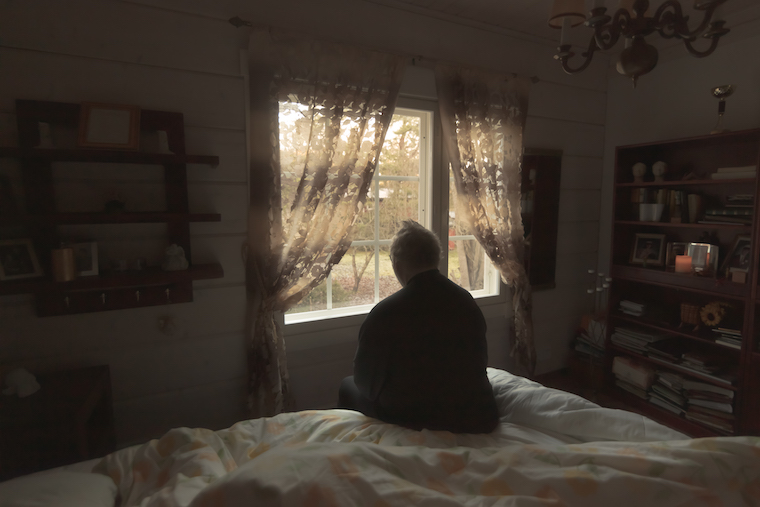Interesting new Alzheimer's research from our Heather Ferris, MD, PhD, suggests that excessive sensitivity to light may contribute to "sundowning" -- the worsening of symptoms at the end of the day -- and to the progression of the disease itself.
Sundowning can be a terrible challenge for caregivers of people with Alzheimer's. As darkness falls, the patient's restlessness, agitation and other symptoms grow worse. So Dr. Ferris and her team wanted to better understand Alzheimer's effects on the biological clock.
To do this, Dr. Ferris and her team essentially gave lab mice “jet lag” by altering their exposure to light. The Alzheimer’s mice adapted to a six-hour time change much faster than the control mice did.
The scientists initially thought it might be caused by inflammation in the brain, but further research ruled that out. They also ruled out another potential culprit, "mutant tau," a protein that forms harmful tangles in the brains of people with Alzheimer's.
The researchers ultimately concluded that the retina plays a key role in the enhanced light sensitivity. That gives researchers a promising avenue to pursue as they work to develop new ways to treat, manage and even slow the disease.
“These data suggest that controlling the kind of light and the timing of the light could be key to reducing circadian disruptions in Alzheimer’s disease,” Dr. Ferris said. “We hope that this research will help us to develop light therapies that people can use to reduce the progression of Alzheimer’s.”
